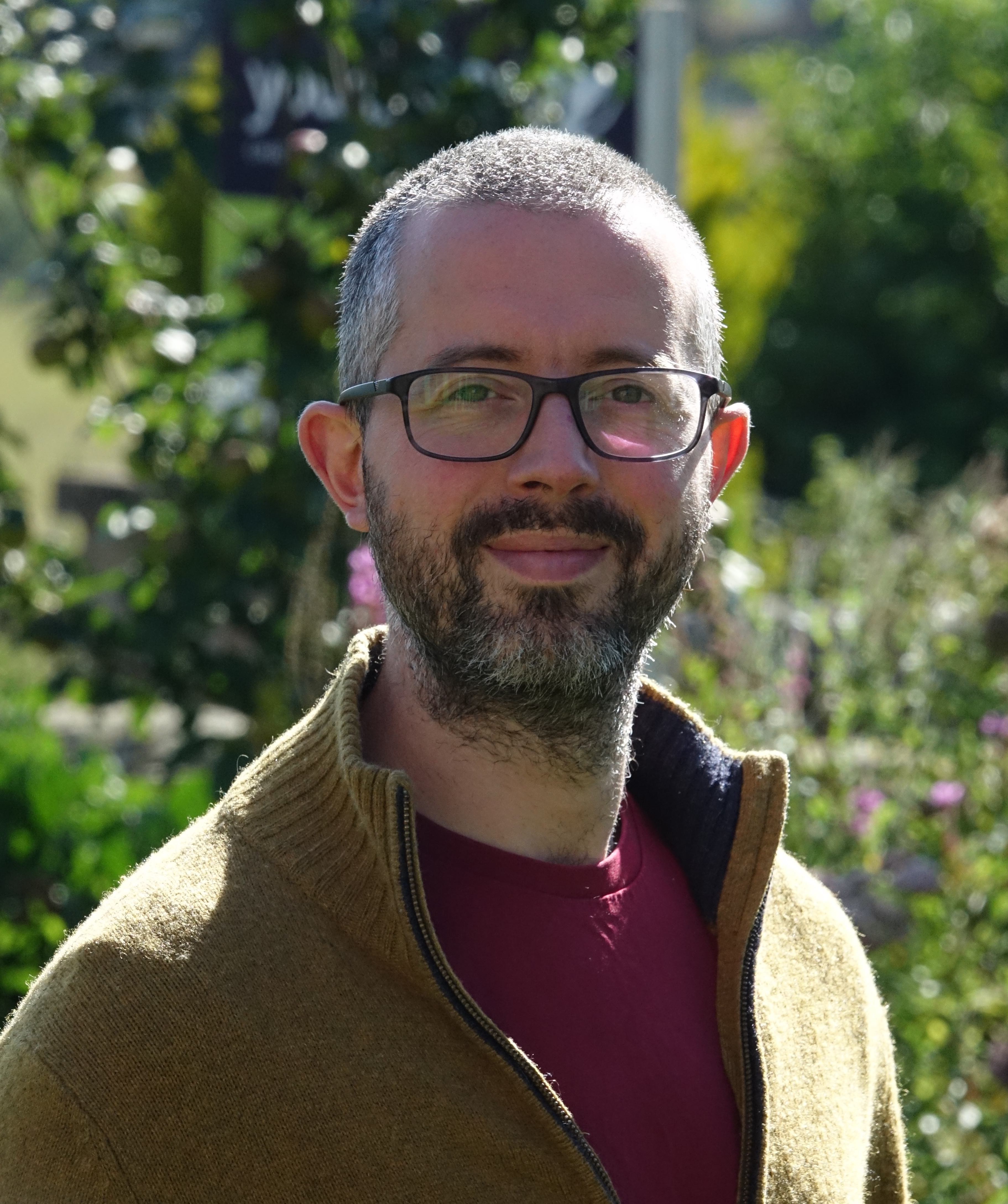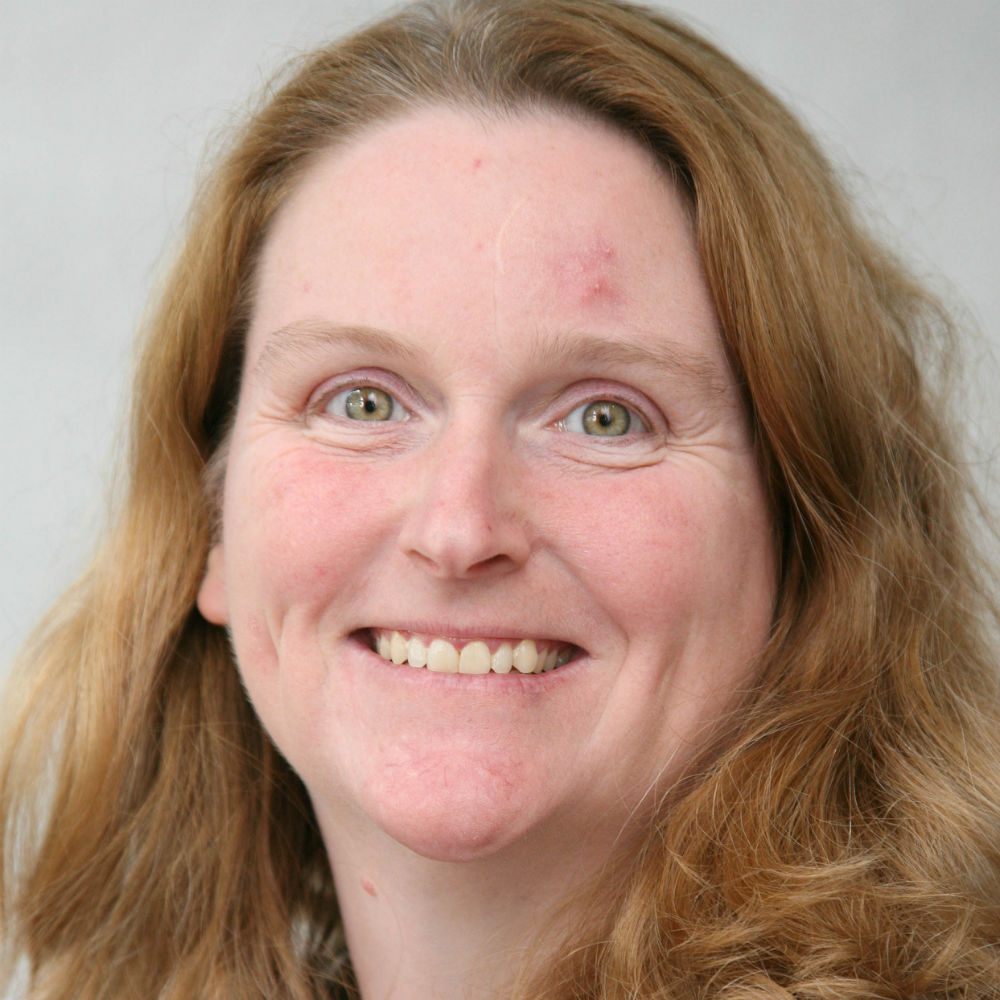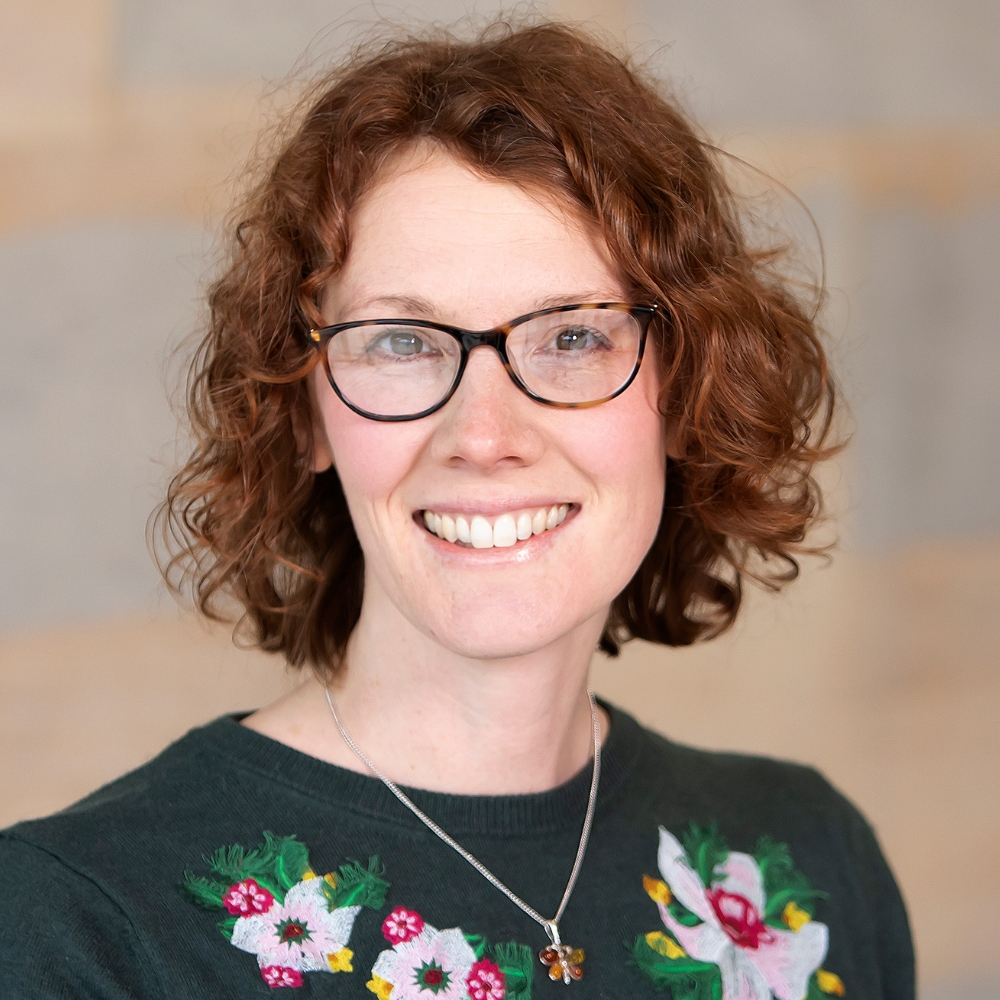Interdisciplinary focus
The objectives of the industry partner demand integration of Life Sciences (understanding the nature of drain blockages, the role of microorganisms and community dynamics) with Social Science (addressing the human behaviours that lead to drain blockages and periodic, aggressive, chemical treatment). Success will require integration of biological expertise to identify key stages in blockage formation with an understanding of everyday household waste-water practices, which could be adapted to encourage maintenance.
Training and support
You will receive support through the Sustainable Transitions training program, which offers interdisciplinary research methods, secondary discipline training, and ongoing development. Doctoral scholars also have access to £2,500 through Proficio for training courses and £10,000 for research and additional training. You may audit relevant courses and will be supported by both the Sustainable Transitions management and your supervisory team.
Additionally, all scholars join the University of Essex’s Centre for Environment and Society, providing events and networking opportunities.
Person specification
This opportunity would suit a candidate with a degree/ background in a biological science discipline, who is willing to develop their training in biotechnology through a dedicated MSc and deliver impact from their PhD through successful integration with social science and an industry partner.
It is not necessary for the candidate to have prior training in social sciences as this will be provided on the programme.
Research proposal
The project area is broadly defined, leaving scope for the applicant to develop their own specific research proposal as part of the application. The successful candidate will further develop their proposal in close consultation with the supervisory team.
Supervision
The primary discipline supervisor takes the lead responsibility for supervising the project. For further detail relating to supervision see the Guidance for Applicants (.docx) document.
Additional background information
Domestic and commercial property drains are a major source of contaminated water into treatment facilities and waterways. While uncontrolled release of untreated wastewater into rivers and seas is a cause of national concern, it is unclear what home/property owners can do to support the transition to better practice.
A large gap in our understanding of drain effluent and its environmental impacts is the role of microorganisms in common blockages in domestic and commercial drains, both in terms of their biofilm formation and biodegradation of substrates. Headline-grabbing ‘fat bergs’ are relatively rare, although similar scenarios play out at a smaller scale in millions of domestic and commercial properties each year. Our understanding of their composition, as well as the dynamics of formation and dissipation, is surprisingly scant. What we do know, is that the powerful chemicals required to disrupt established blockages have potential to cause environmental harm, and are not always effective.
Through this project, which was initiated by commercial partner Challs International, we will address two key challenges: First, the lack of information regarding the formation and composition of blockages in different settings. Second, we will explore how property owners practice drain maintenance, the skills / knowledge required for this to be effective and how it is coordinated with other domestic tasks.
Challs International are a UK-based, family-owned multinational, specialising in cleaning solutions including the ‘Drain Buster’ line of products. Their aim is to develop new, more environmentally friendly formulations based on the science behind blockage formation. In particular, they believe that the role of biofilm-forming microorganisms has been under-appreciated and that targeting biofilms, specifically, could provide a more holistic and sustainable route towards drain maintenance. Ultimately, we aim to consign the ‘nuclear option’ of aggressive drain-cleaning approaches to history. Achieving this will require evidence-led re-formulation of products and a focus on educating consumers about the benefits of proactive maintenance. If part of the solution is more regular maintenance work from consumers then engaging them to perform this work will require an understanding of sustainable household practices and how drain maintenance might interact with these tasks.
Broadly, we will approach this by first conducting a field-study of domestic and commercial premises, gathering data on drain usage, husbandry and frequency of treatment (Social Science). We will identify differences in the microbiological composition of blockages in different scenarios though next-generation sequencing, advanced bio-imaging methods, isolation and culturing of microbes (Life Science). We will then establish a laboratory-scale ‘testbed’ to perform experimental drain-husbandry procedures, using formulations provided by Challs, to measure effects on blockage formation and microbial community composition (Life Science). We will investigate a ‘probiotic’ approach to drain health, building microbial communities that out-compete problematic communities (Life Science) and finally the student will draw on the qualitative fieldwork data and new biological knowledge to communicate these findings to end-users, judge their willingness to engage with alternative maintenance practices and inform the strategic direction of Challs’ product design and marketing.
How to Apply
Full details available at Sustainable Transitions Leverhulme Doctoral Training Programme.
Supervisory team references
- Whitworth, P., Clare, A.S., Finlay, J.A., Piola, R.F., Plummer, J. & Aldred, N. (2023). Long-term ultraviolet treatment for macrofouling control in northern and southern hemispheres. Journal of Marine Science and Engineering, 11, 2211.
- Whitworth, P., Aldred, N., Reynolds, K.J, Plummer, J., Duke, P.W., & Clare, A. S. (2022). Importance of duration, duty-cycling and thresholds for the implementation of ultraviolet C in marine biofouling control . Frontiers in Marine Science, 8, 80911
- Thomas, G., Cameron, T., Campo, P., Clark, D.R., Coulon, F., Gregson, B.H., Hepburn, L.J., McGenity, T.J., Miliou, A., Whitby, C., McKew, B.A. (2020) Bacterial community legacy effects following the Agia Zoni II oil-spill, Greece. Frontiers in Microbiology, 11, 1706.
- Hobson, K., Holmes, H., Welch, D., Wheeler, K., & Wieser, H. (2021). Consumption Work in the Circular Economy: a Research Agenda. Journal of Cleaner Production, 321, 1–8.
- Wheeler, K. & Glucksmann, M. (2015) Household Recycling and consumption work: social and moral economies, Hampshire: Palgrave Macmillan









